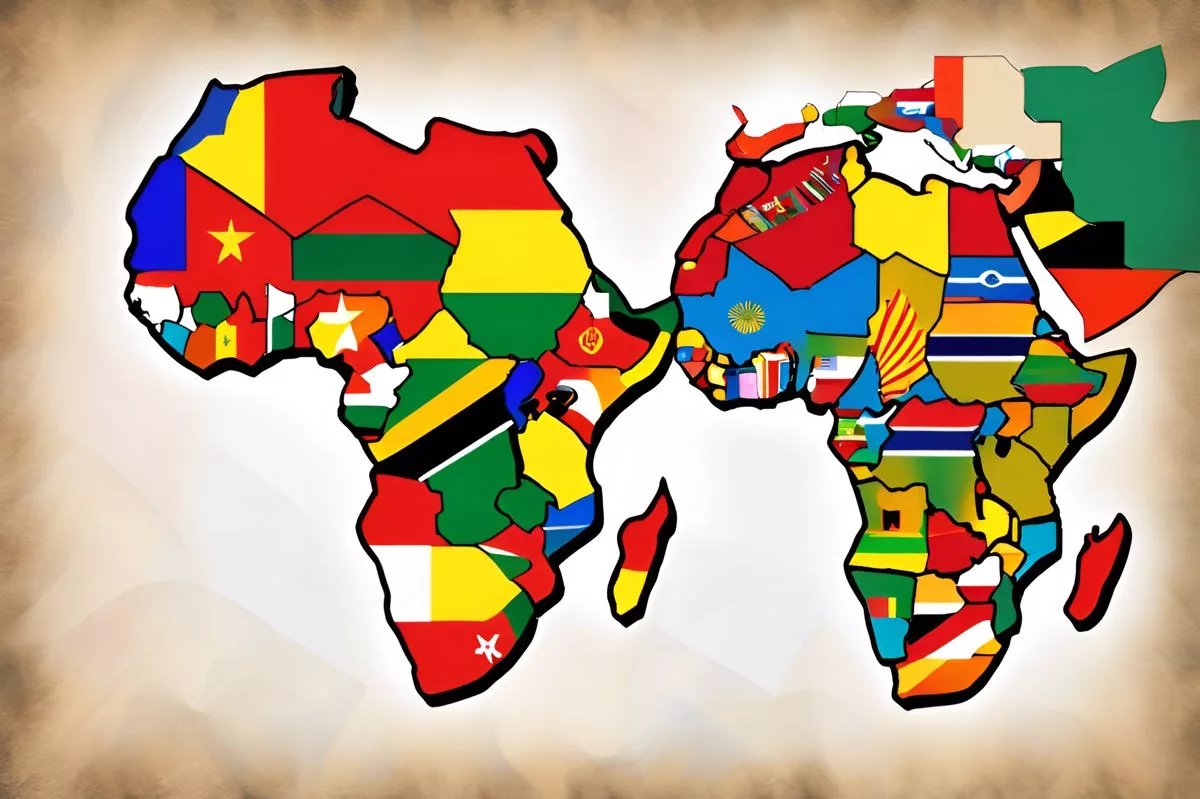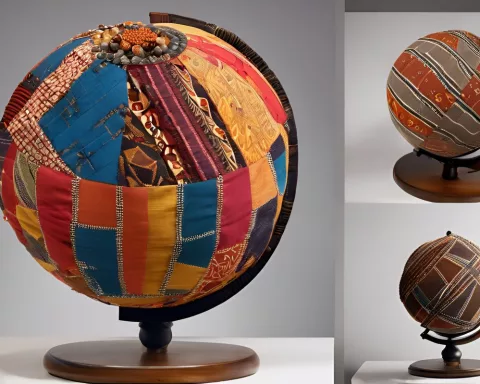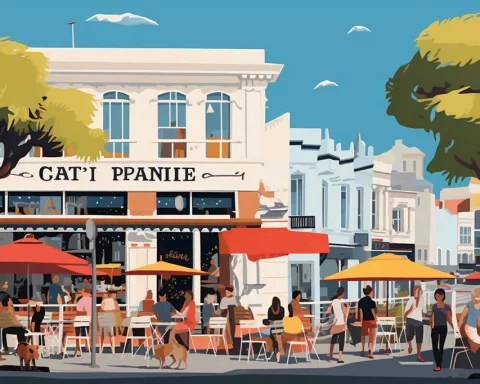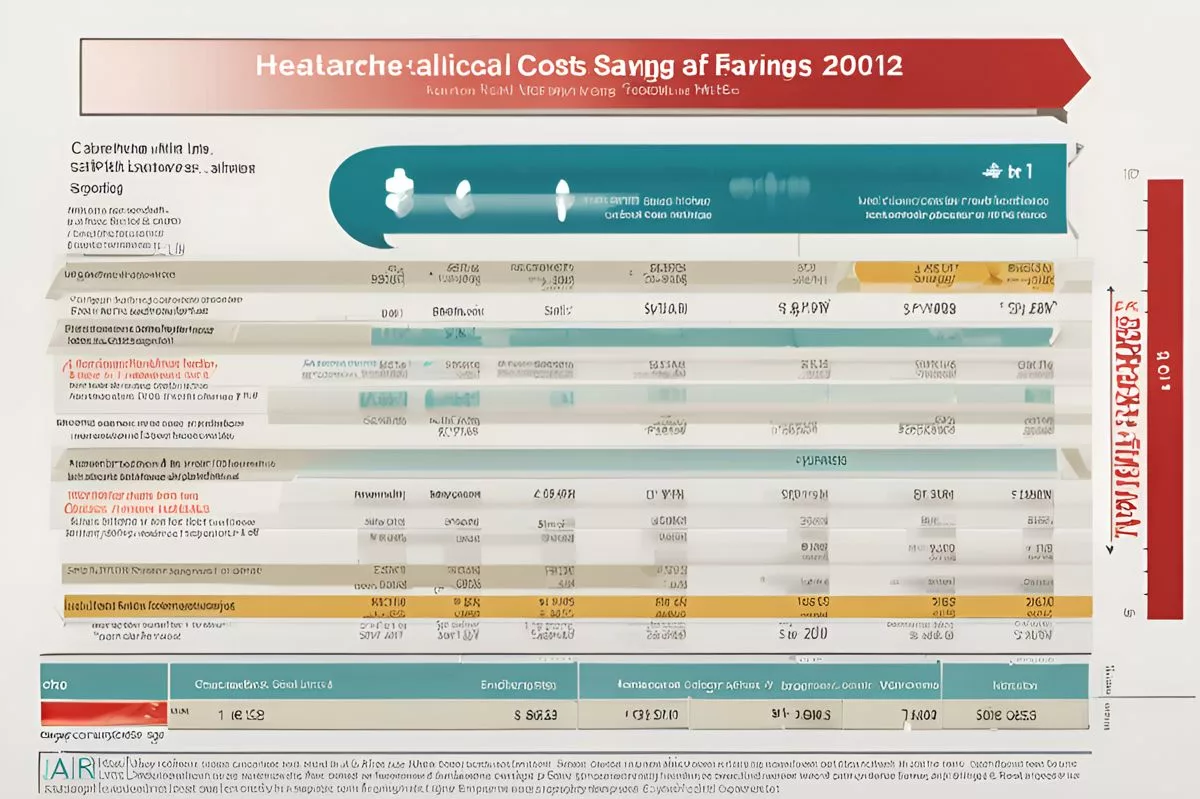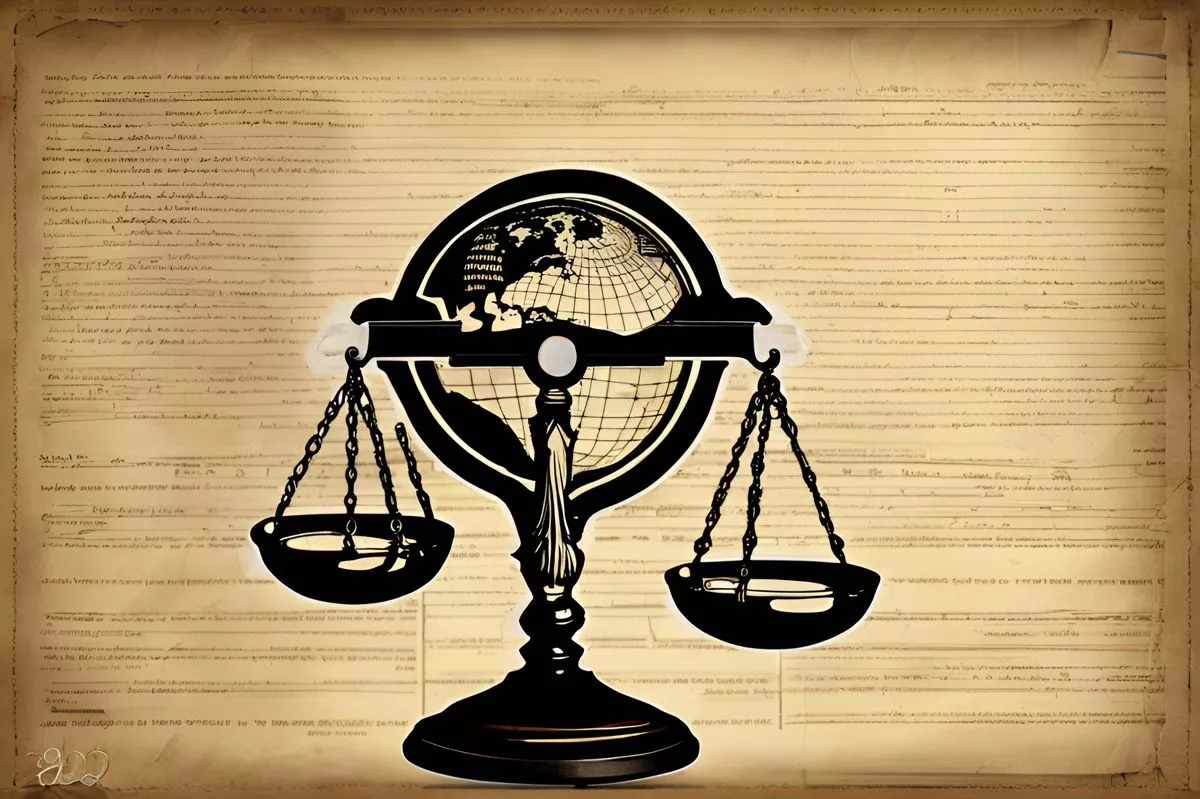Minister Patricia de Lille spoke at Meetings Africa, a Pan-African platform showcasing the potential of the African business events sector. The event had exhibitors from 21 African nations and highlighted sustainability. South Africa’s tourism industry has grown significantly, with a 48.9% increase in international tourist arrivals from January to December 2023. The event celebrated the transformative power of freedom and the continent’s capacity to host major international events.
Minister Patricia de Lille delivered her maiden speech at the 17th edition of Meetings Africa, highlighting the robust growth of the African business and events industry in the last 30 years. With 380 exhibiting companies from 21 African nations, Meetings Africa has become a genuine Pan-African platform, showcasing the vast potential of the African business events sector. South Africa’s tourism industry has also seen significant growth, with a 48.9% surge in international tourist arrivals from January to December 2023. Sustainability was also a key focus, exemplified by the Sustainability Village at the event.
A New Era Begins
Basking in the glow of a promising Johannesburg morning, Minister Patricia de Lille took the stage to deliver her maiden speech at the 17th edition of Meetings Africa. Her stirring words resonated with the rich tapestry of South African history, harmoniously blending with the hopes of an African continent teeming with potential.
This year was particularly memorable for South Africa, marking three decades of liberation since the momentous democratic elections that took place in 1994. This significant anniversary served as a symbolic reminder of the transformative power of freedom, which opened the gates for travel, exploration, and connection – all crucial elements for the sector.
Flourishing African Business and Events Sector
The last 30 years have been witness to the robust growth of the African business and events industry, becoming akin to a baobab tree, deeply ingrained in the terrain and nourished by alliances forged with nations both within and beyond the African continent. Meetings Africa, a yearly event, has morphed into an emblem of African entrepreneurship, reflecting the continent’s capacity to host major international events. The Sandton Convention Centre, the City of Johannesburg, and Gauteng Tourism Authority earned applauds for their relentless backing.
The event was bustling with respected exhibitors hailing from all corners of Africa, each one adding their distinct viewpoints and augmenting the diversity of the exhibitor roster. The first-time exhibitors, like The Galaxia Group from Egypt, the Mangalis Hotel Group from Cote d’Ivoire, MICE Solutions DMC from Tanzania, and Willch Travel and Tours from Zambia, were bestowed with special recognition.
Evolution of Meetings Africa
In its initial years, Meetings Africa was mainly a South African event with restricted participation from the rest of Africa. With time, it has metamorphosed into a genuine Pan-African platform, spotlighting the vast potential of the African business events sector. The 17th iteration of the event saw an impressive turnout of 380 exhibiting companies from 21 African nations.
The forum’s significance transcended just the economic aspect, as embodied by the words of Hlolohelo Zwane, the triumphant participant of the 2024 Future Leaders Forum – International University Challenge at Meetings Africa. Her victory emphasized the pivotal role of the business events industry in inspiring the youth to understand and appreciate the extensive scope of tourism.
The Growth Trajectory of South Africa’s Tourism Sector
The progressive journey of Meetings Africa is a reflection of the upward trend in South Africa’s tourism industry. As per Statistics South Africa, the total international tourist arrivals reached a staggering 8.5 million from January to December 2023, marking a significant 48.9% surge compared to the same period in 2022.
South Africa has proven its competence in hosting business events, bagging 40 bids for the 2022/23 financial year. The South Africa National Convention Bureau (SANCB) dedicated its efforts to secure these bids, contributing to the country’s overall economic growth and attracting a wave of international and regional delegates.
Sustainability and the Future
Meetings Africa showcased the industry’s commitment to sustainability, underlining its dedication to people, prosperity, and our planet. The Sustainability Village, a component of the event, exemplified this commitment, offering 20 proudly South African vendors a platform to display their exceptional products, each with intriguing narratives behind them.
Minister Patricia de Lille reconfirmed South Africa’s readiness to welcome tourism and business events. Her words extended an invitation for all to experience the country’s rich cultural heritage, top-of-the-line facilities, and its hospitable populace. Her vision was lucid: to build Africa’s success upon quality relationships. As we eagerly await Meetings Africa 2025, there’s an expectation for the emerging story of a continent prepared to seize its moment and leave its imprint.
1. What is Meetings Africa?
Meetings Africa is a Pan-African platform showcasing the potential of the African business events sector, with exhibitors from 21 African nations and a focus on sustainability. It has become a genuine emblem of African entrepreneurship and the continent’s capacity to host major international events.
2. Who spoke at Meetings Africa?
Minister Patricia de Lille delivered her maiden speech at the 17th edition of Meetings Africa, highlighting the robust growth of the African business and events industry in the last 30 years.
3. What was the significance of Meetings Africa 2024?
Meetings Africa 2024 marked three decades of liberation since the momentous democratic elections that took place in 1994, serving as a symbolic reminder of the transformative power of freedom, which opened the gates for travel, exploration, and connection – all crucial elements for the sector.
4. How has Meetings Africa evolved over time?
Meetings Africa has evolved from a mainly South African event with restricted participation from the rest of Africa to a genuine Pan-African platform, spotlighting the vast potential of the African business events sector. The 17th iteration of the event saw an impressive turnout of 380 exhibiting companies from 21 African nations.
5. What is the growth trajectory of South Africa’s tourism sector?
South Africa’s tourism industry has grown significantly, with international tourist arrivals reaching 8.5 million from January to December 2023, marking a significant 48.9% surge compared to the same period in 2022. South Africa has also secured 40 bids for the 2022/23 financial year, contributing to the country’s overall economic growth and attracting a wave of international and regional delegates.
6. What was the focus on sustainability at Meetings Africa?
The Sustainability Village, a component of Meetings Africa, exemplified the industry’s commitment to sustainability, offering 20 proudly South African vendors a platform to display their exceptional products, each with intriguing narratives behind them. Minister Patricia de Lille reconfirmed South Africa’s readiness to welcome tourism and business events, emphasizing the importance of building Africa’s success upon quality relationships.

